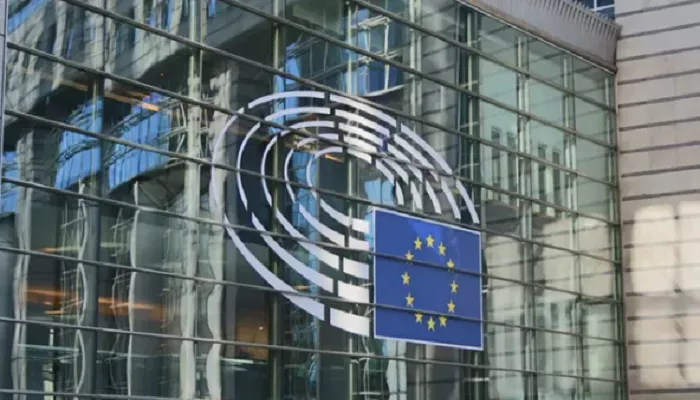The European Union has officially launched its own DNS resolver, called DNS4EU, aimed at enhancing privacy and security for EU citizens, government agencies, and telecom providers. The new service is designed to reduce Europe’s dependence on US-based DNS providers like Google and Cloudflare, promoting digital autonomy within the bloc.
What is DNS4EU?
The DNS4EU project seeks to provide a private, secure, and independent European Domain Name System (DNS) resolver. A DNS resolver is essentially the “phone book” of the internet, converting user requests into IP addresses that connect them to websites.
DNS4EU allows users to switch from their default Internet Service Provider (ISP)-assigned DNS to improve privacy, speed, and content control. It offers a free, public version for home users, with options to block ads, malware, and adult content. The service also includes a version for government entities and telecom providers operating within the EU.
First announced in October 2022, DNS4EU is being managed by a pan-European consortium led by Czech cybersecurity firm Whalebone. The project was developed under the supervision of the EU cybersecurity agency ENISA and is designed to meet diverse user needs across the EU.
Strengthening Security and Privacy
One of the standout features of DNS4EU is its built-in filter against malicious domains. These filters block websites that host malware, phishing content, and other cybersecurity threats. DNS4EU also provides regional threat intelligence, meaning a threat identified in one country can be blocked across several regions at once, halting its spread.
The EU ensures that DNS4EU will be voluntary, meaning it won’t be forced on any users. However, experts have raised concerns about its content-filtering capabilities and potential privacy implications.
Concerns and Criticisms
While DNS4EU’s content filtering can improve security, it has sparked concerns among privacy experts. Patrick Breyer, former MEP for the German Pirate Party, expressed worries about the risk of online censorship. “Using a government-run DNS service could potentially be a tool for censorship,” Breyer told Torrentfreak in 2022. He welcomed the fact that filtering is optional but emphasized that government involvement might lead to pressure for mandatory content blocking.
David Frautschy Heredia, Senior Director for European Government and Regulatory Affairs at the Internet Society, echoed these concerns, warning about the potential for abuse. “Safeguards must be developed to prevent the misuse of content filtering,” he said. Heredia also cautioned against regionalizing global internet infrastructure, noting that it could set a dangerous precedent for other countries to impose mandatory DNS resolvers with indiscriminate filtering.
Further concerns have been raised about the lack of a no-log policy with DNS4EU. While the EU promises that no personally identifiable information will be shared, DNS4EU collects a limited amount of DNS query data and anonymizes IP addresses. However, Breyer pointed out that even anonymized data could still pose risks.
EU’s Stance on Privacy
In response to these concerns, the EU has emphasized that DNS4EU is not designed to enable censorship but rather to strengthen data protection and improve internet security for Europeans. The EU also rejects the notion that it would have access to user data or configuration settings.
“DNS4EU is focused on ensuring data protection and promoting better internet security and sovereignty for Europeans,” the official EU website states.


